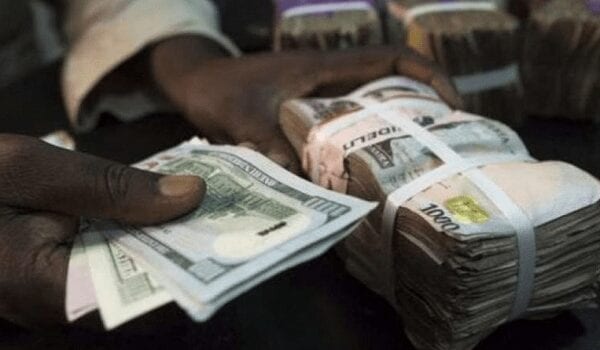By Balogun Funsho
The naira has continued to be in free fall, crashing to an unprecedented low of N500 to $1 in the parallel market last Friday. There is pain and anguish across segments of the population and market Illiquidity is already hurting the real economy.
The impact of the crash of the local currency has included inflation, labour lay-offs, factory closures and inability of many citizens to meet basic needs such as food, health care and accommodation. It is, indeed, exasperating.
Like other markets, foreign exchange markets are imperfect. To ease the pressure, the government should immediately impose restrictive import tariffs on luxuries and non-essential items. Tooth picks, non-medicinal cosmetics, apples and packaged foods and drinks, among other non-essentials, should attract very high tariffs.
Success requires marked improvement in the efficiency of the Nigeria Customs Service to beat smuggling, while the concerns of the industrial sector over identifying goods that are also raw materials should be taken into consideration.
The Central Bank of Nigeria should step up its surveillance, monitoring and sanctions to check the ongoing round-tripping and sharp practices by banks and bureaux de change. Now, beyond these short term measures, President Muhammadu Buhari should treat the crisis as an emergency.































